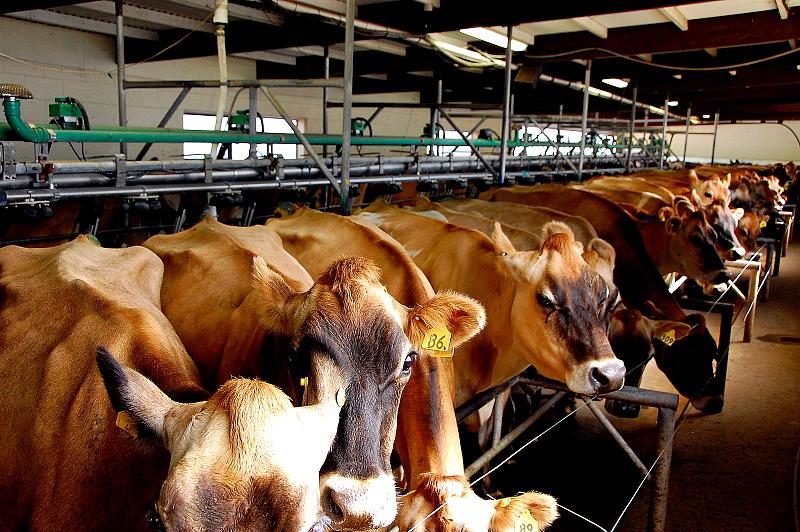WASHINGTON– The U.S. dairy industry is calling on the European Union to lessen the barriers that block exports from the U.S. as part of this summer’s trade negotiations between the regions.
Talks began in July in Washington and have spurred much debate on streamlining the EU’s regulatory process and the existing trade deficit affecting the agricultural industry and U.S. dairy producers.
“The U.S.-EU dairy trade deficit was understandable years ago when the United States largely sat out of world markets and our specialty cheese business was less developed. But us we have grown into an export force…it makes no sense,” said Jaime Castaneda, senior vice president at the U.S. Dairy Export Council.
Trade between the U.S. and the 28-country EU accounts for 40 percent of all global output or nearly $1 trillion, making it the largest trade agreement in the world, according to the House Committee on Energy and Commerce.
The committee held a hearing Wednesday exploring nontariff barriers that exist between the U.S. and EU such as subsidies, internal regulatory procedure and foreign investment. In 2012, the U.S. trade deficit with the EU swelled nearly 16 percent to $115 billion, making increased U.S. exports a major priority.
The EU exports roughly $1.3 billion in dairy products to the U.S. annually but American dairy products entering Europe amount to $88 million a year, according to the Center for Economic Policy Research.
Yet the U.S. generated $5.2 billion in global dairy exports in 2012.
“Our lack of trade with the EU is clearly not due to us being a minor player in the global dairy markets. Rather it reflects the high degree of barriers facing our products entry to that market,” said Sue Taylor, vice president of major dairy supplier Leprino Foods Co. “It really is related to not only the tariff barriers but non-tariff barriers that exist.”
Tariffs imposed by the EU alone are on average three times those of the U.S. and have hampered American output, according to the U.S. Dairy Export Council.
This summer’s talks offer “a genuine opportunity to expand U.S. dairy exports and to chip away at the sizable dairy trade deficit with the EU,” Taylor said.
But industry experts note that instituting reform poses a challenge.
“We also have to be very realistic. There are a lot of formidable challenges that a successful negotiation will have to overcome,” said J.B. Penn, chief economist at John Deere Co.
The second round of negotiations for the trade agreement is slated for the week of Oct. 7 in Brussels. If a treaty is signed by President Barack Obama, legislation to institute the final agreement will be sent to Congress for approval.

